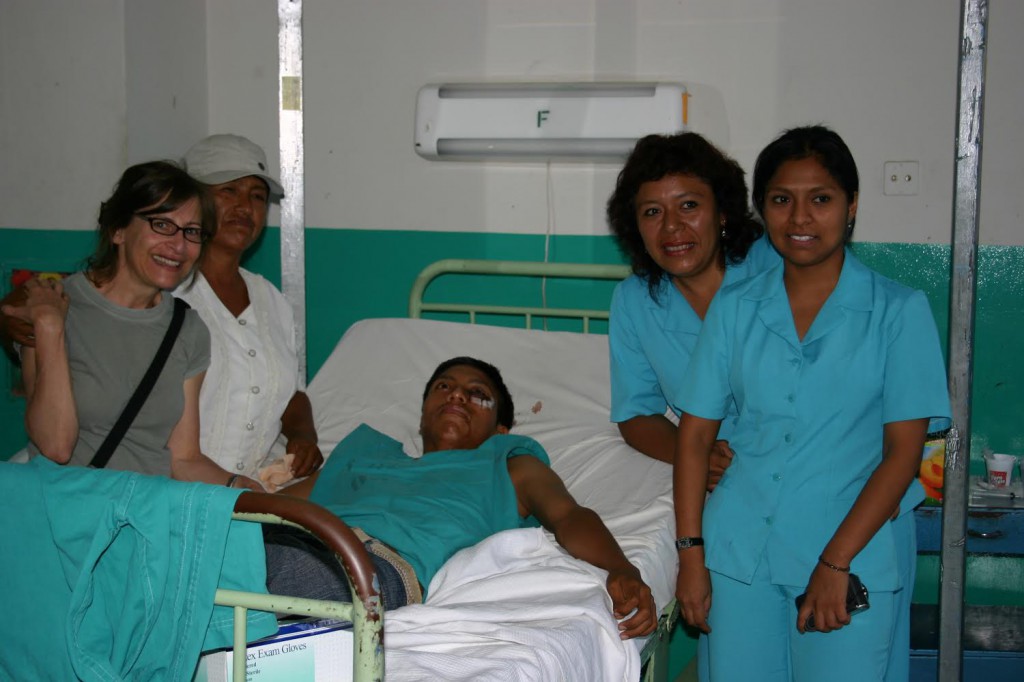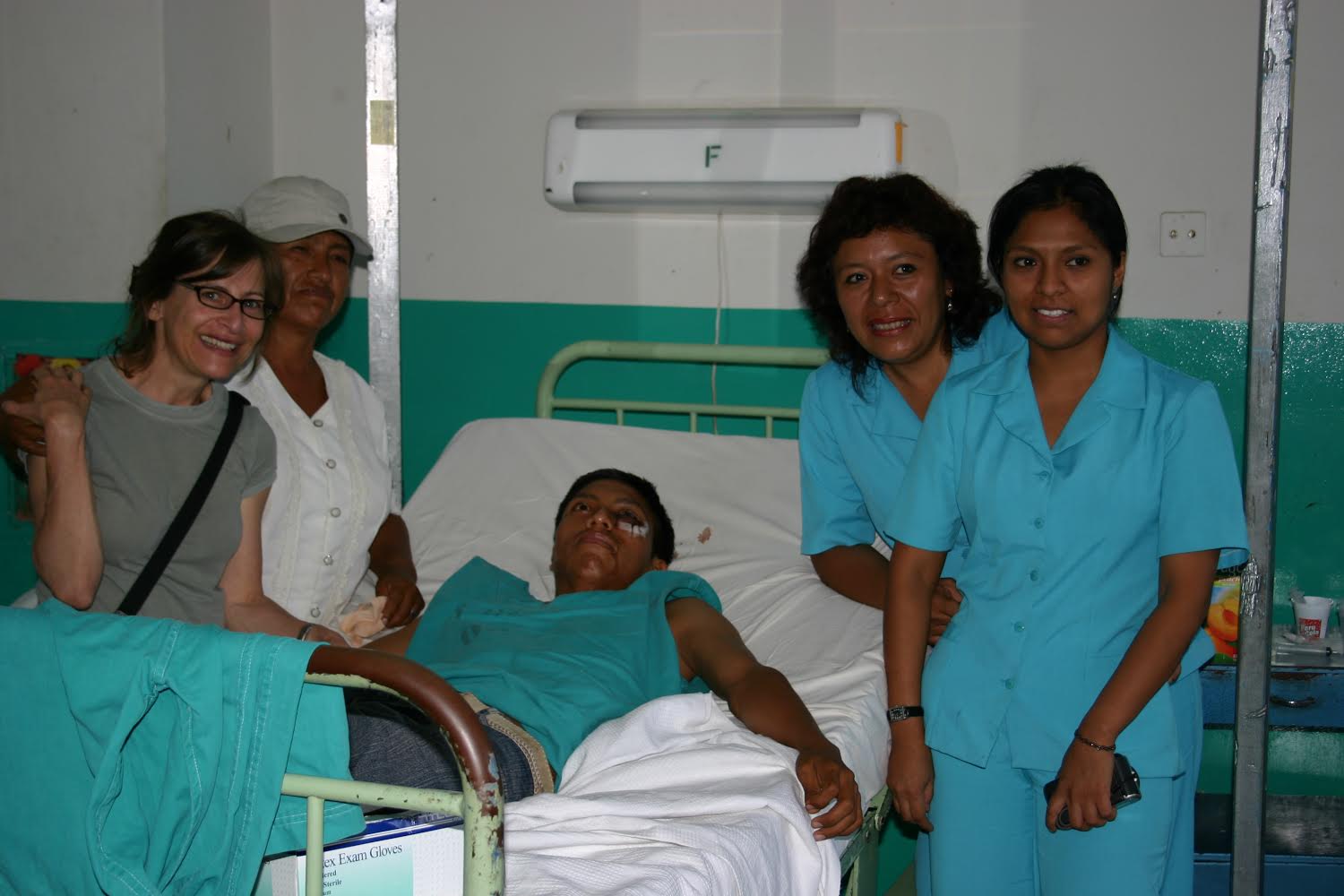
Lynn Lurie met with me at a little bakery on the Upper West Side and answered questions about starting to write later in life, her daily routine, what she’s reading and what she’s working on now. Her second novel, Quick Kills, came out this fall. Read it.I’m interested—perhaps too interested—in writers like yourself who have done other things before setting out to write. Can you take me through your career so far?
In my family being creative wasn’t an option. Not full-time anyway. In high school, I took a master photography class at the New School with Lisette Model. Lisette Model was a well-known street photographer in Paris in the 1930s. She influenced many young artists, including Diane Arbus, who had been her student. She showed me that one could live a life of art. After college, I got a Masters in International Affairs and then applied to law school. I went to law school for one day and decided: Awful idea! Then I joined the Peace Corps and was stationed in Ecuador; it was an extraordinary experience and is partially incorporated into my first novel. When I returned to New York, I worked at Business International, a weekly magazine for multinationals doing business in Latin America. I covered Ecuador, Panama and Colombia for over a year before deciding to return to law school. By this point law school wasn’t as awful and taught me discipline and how to think logically. After law school I worked at a Community Development Corporation in Newark, NJ and in private practice. I was assigned a wonderful problem, locating and documenting lands that belonged to the Delaware Indians in New Jersey. I never knew who funded the project, likely a large developer hoping to build a casino, but I loved learning the law regarding the potential repatriation of the land and the research. The project was scrapped shortly after my son became ill. I switched to part-time as taking him to the doctor was all-consuming. He’s fine now. When he was hospitalized over a three-year period, I realized through that morass of night and darkness that I needed to write. We all changed during this period. He especially, and his courage and determination awed me. He continues to do so.
I started writing full-time. After a year, I went back to school for my MFA, where I met Terese Svoboda, who became even more instrumental than Lisette Model in my development. She taught me how to read and how to write.
Quick Kills is such a delicious puzzle to read and piece together. It feels so true to the girl’s partial understanding of events and circumstances. How did you set about ordering the vignettes in this novel?
Writing helps organize the disorder. I work basically from visual images, things I have actually seen, or imagined, or dreamed. Because the narrator in Quick Kills is a photographer, she reconstructs emotional memories by recalling photographs she took or photographs she was the subject of. In this way she pieces together fragments of the events of her life into an attempted narrative.
I showed many drafts to Terese. Eventually Terese’s comment was something like: You reordered it, now it works.
I think this summarizes how I write. I put all sorts of things down and then reorder and connect them. First one way, then another, see what works.
I think the order works. It is a bit of a fever-dream, but it has a lasting ambiance. Maybe these effects can’t be planned. Just happy intuition. Can I ask about your writing practice? What is your daily writing like?
I write first thing in the morning. An hour or two, then I take the dog for a walk. I continue writing or revising until lunch. In the afternoon, I read or go to a museum or a library. I read before bed. I am really reclusive. If I didn’t have the dog to get me out, it could be days before I’d leave my desk. My kids are off in the world, and my husband travels during the week, so I’m alone all week. I am lucky for this.
I will not ask you how much of this novel is “true”—from your own actual experience, but I wonder what you think of that question, especially since it is so often asked of women writers.
I haven’t suffered like the narrator in Quick Kills. But I couldn’t have written this book first because it is more personal. The shame and vulnerability of the character is familiar. What you think about the past is always being revised. Nobody is a good witness to their own life.
Who would you say are the writers that have influenced you most?
Herta Muller, Fleur Jaeggy, Xiaolu Guo, Renata Adler, and perhaps most importantly, Terese Svoboda. Three years ago I wanted to give a copy of her novel, Cannibal, to a friend of mine who had also been in the Sudan at the beginning of the AIDS crisis. First though, I reread it and realized how much my own first novel, Corner of the Dead, was influenced by it. I was embarrassed. I had adopted a style so close to Terese’s. I hadn’t been entirely conscious of how much an impact her writing had on me. I think, too, that the way Terese has lived her life is a powerful example of how to live a life of words. So Terese is at the head of the list.
What are you reading these days? I always have a pile next to my bed that I read at the same time. It drives my husband crazy because he reads just one book from front to back before starting another. My practice is not so linear.
The pile at the moment is Michel Laub’s Diary of the Fall, Laird Hunt’s Kind One, Ian Buruma’s Theater of Cruelty.
And what are you working on now?
I’m trying to write a short story about how nearly impossible it is to know how to choose your own life when your needs compete with your perceived obligations as a mother. My son and I have been working once a year or so as part of a team of doctors and nurses who treat children for free in Ica Peru. I’m the trip administrator and he has done various jobs, mostly technical aspects of the work. The photograph shows me at the bedside of one of our patients. Anyway, we planned a trip to Bolivia before the medical mission. We were at Lake Titicaca. I had been feeling ill for days. Finally I realized I couldn’t continue. What should have been an obvious decision was agonizing—it was also a time of strikes and martial law was about to be imposed. Had I been with anyone else I would have been decisive at the first sign of illness. Altitude sickness is quite debilitating, but what I did see of Lake Titicaca was glorious. And I was able to see his photographs when we met up in Lima a week later.
I’m trying to write a story with this dilemma as the subject, but I have no idea what I’m doing in general. Until it’s done I won’t know for sure if that’s the real story.
Follow Vol. 1 Brooklyn on Twitter, Facebook, Google +, our Tumblr, and sign up for our mailing list.

